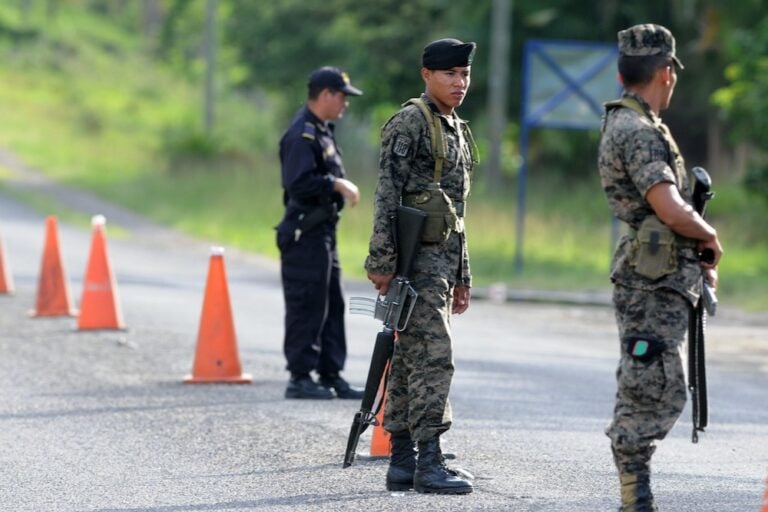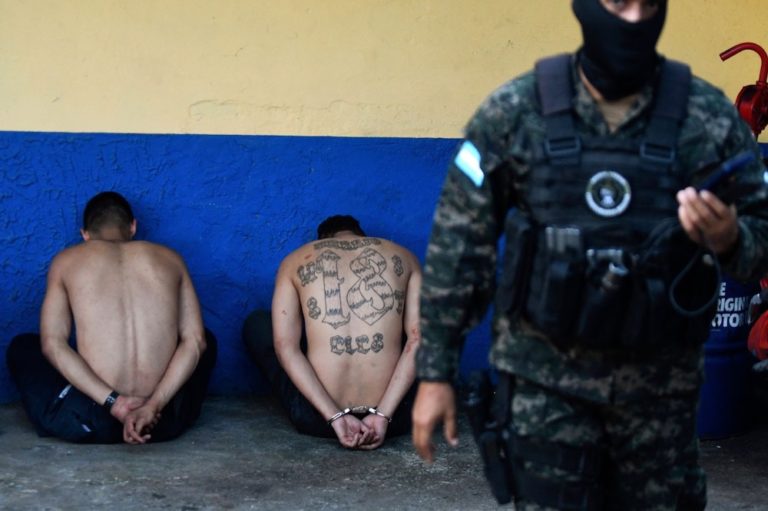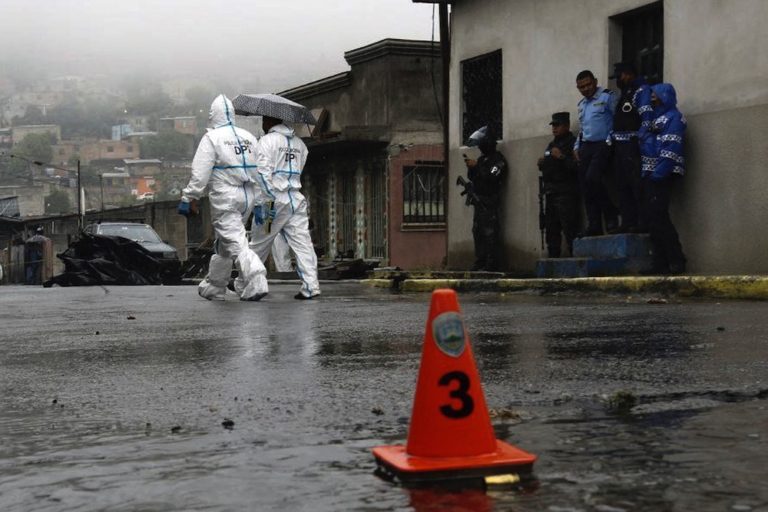A radio station serving the Afro-Caribbean Garifuna community on the Atlantic coast was ransacked and torched on 6 January 2010.
(RSF/IFEX) – A community radio station that serves the Afro-Caribbean Garifuna community in the Atlantic-coast town of Triunfo de la Cruz was ransacked and torched on the morning of 6 January 2010. The station, called Faluma Bimetu or Radio Coco Dulce, has often been threatened because of its opposition to the June 2009 coup d’état and to real estate projects in the region.
“The arson attack on Faluma Bimetu confirms that news media that are independent or opposed to the coup are still in danger,” Reporters Without Borders said. “The threat is all the greater for community radio stations, which are not recognised by Honduran Law.”
The press freedom organisation added: “The government should help Faluma Bimetu to resume broadcasting because it fills an important communication function for the isolated and often marginalised Garifuna community. Punishing those responsible for this attack will be a test for the government that is due to take office on 27 January.”
The unidentified persons who attacked Faluma Bimetu took its main computer before setting fire to one of the two cabins in the studio, station manager Alfredo López told the World Association of Community Radio Broadcasters (AMARC). The station will not be able to resume broadcasting for at least a week.
The 6 January attack was not the first time the station has been targeted. López was arrested by soldiers supported by police on 12 August in Tegucigalpa because of his participation in the resistance to the coup.
If the attack was not politically motivated, it may have been linked to Garifuna opposition to real estate projects in the region and to the sale of some of their community lands by the municipality of Tela under questionable circumstances.
Community radio representatives described their problems to Reporters Without Borders when it visited Honduras together with six other press freedom organisations from 1 to 7 November 2009. “A one kilowatt signal, needed to cover a region, costs about 1 million lempiras (approx. 37,000 euros), which community stations clearly cannot afford,” one of them said. “So either they have to make do with a weak signal or they have to register as commercial radio stations.”
The lack of a legal broadcast frequency has often been used as a pretext for acts of repression against this kind of radio station since the 12 June coup.


